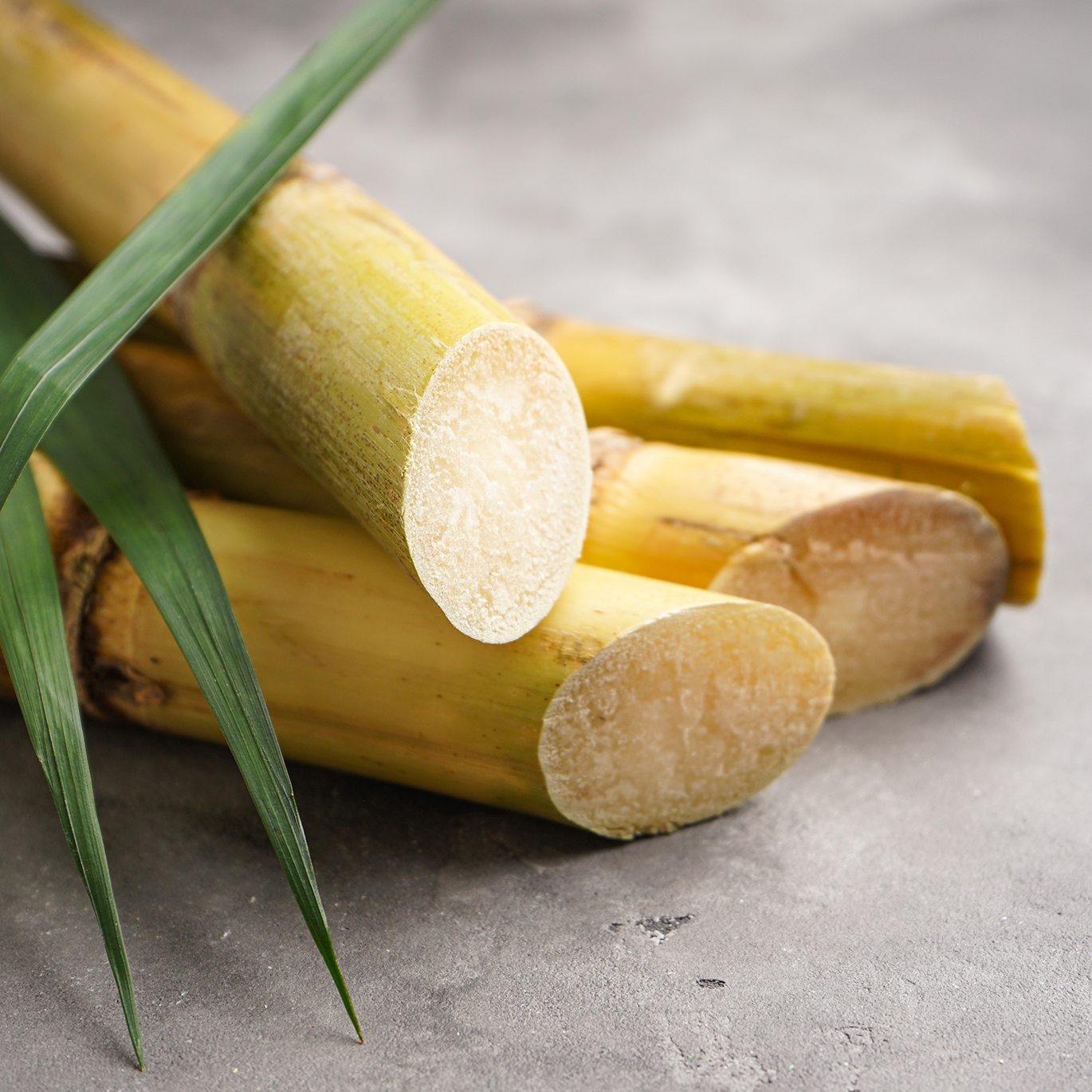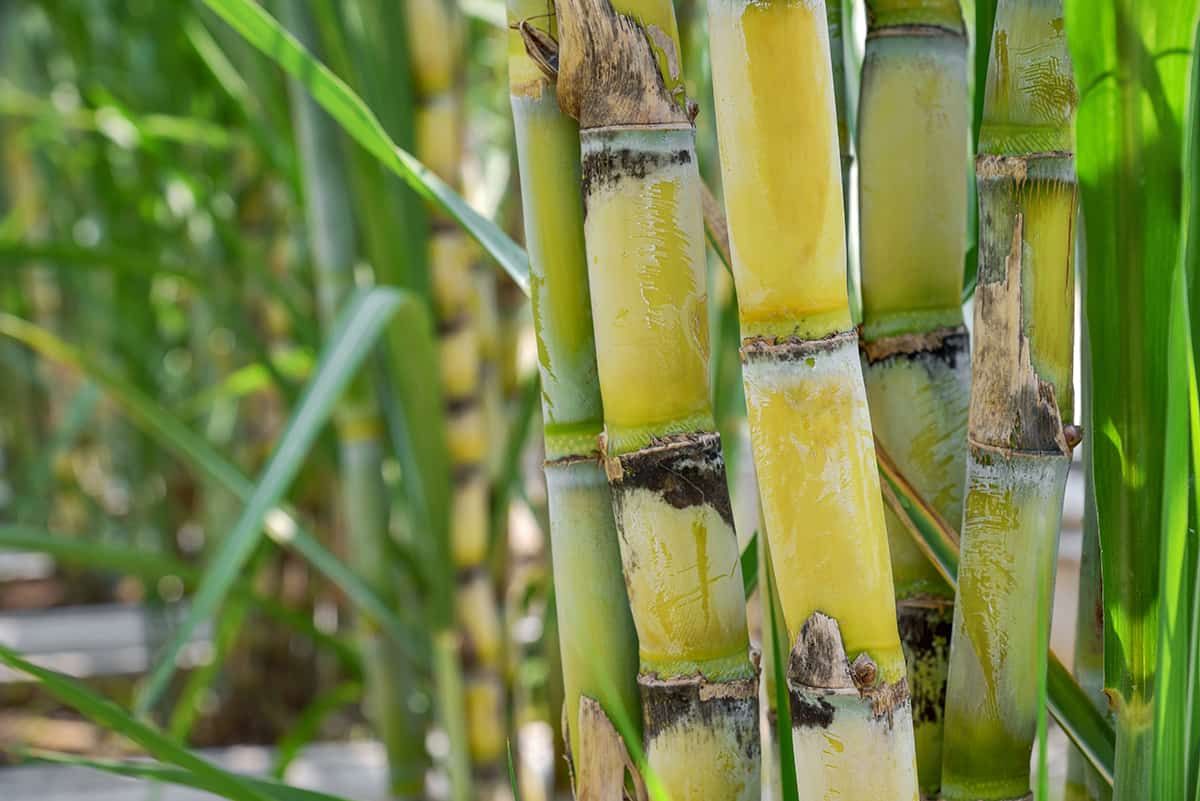Why Cane Sugar Handling Chemicals Are Crucial for Modern Sugar Refining
The function of cane sugar processing chemicals in modern-day sugar refining can not be overstated, as they are important to enhancing both the effectiveness of removal and the total quality of the end product. Agents such as phosphoric acid and particular flocculants are used to eliminate pollutants, causing sugar that not just meets consumer assumptions but likewise abides by sector standards. The ramifications of these chemicals expand past quality, touching upon market dynamics and environmental considerations. sugar and cane. This increases vital questions about the sustainability of such methods and their effect on the future of sugar manufacturing.
Role of Processing Chemicals
The efficacy of cane sugar handling pivots dramatically on the critical application of handling chemicals. These chemicals play an essential function in enhancing the efficiency and quality of sugar removal and refining. From the preliminary stages of juice extraction to the final filtration actions, processing chemicals help with various crucial operations.
In the removal stage, chemicals such as phosphoric acid and calcium hydroxide are utilized to optimize the explanation procedure, assisting to remove contaminations and put on hold solids from the walking stick juice. This not only boosts the return however also makes certain the clearness of the final product. In addition, agents like flocculants aid in the quick settling of pollutants, thus streamlining the total procedure.
As the processing advancements, chemicals are utilized in decolorization and formation stages. Activated carbon and ion exchange materials serve to eliminate shade and odor, making certain that the polished sugar meets customer high quality criteria. Eventually, the duty of handling chemicals extends past functional efficiency; they substantially impact the sensory characteristics of the end product, adding to market competition. Thus, the careful selection and application of these chemicals are crucial for achieving ideal end results in cane sugar handling.
Trick Types of Chemicals
Walking stick sugar handling counts on a selection of essential chemicals that help with each phase of manufacturing. These chemicals play vital functions in making clear, bleaching, and purifying the sugar extracted from walking stick.
One main group of chemicals consists of flocculants, such as polyacrylamide, which help in the clarification process by promoting the aggregation and settling of impurities. Furthermore, calcium hydroxide is commonly used to counteract level of acidity and aid in the removal of non-sugar components.
Bleaching representatives, such as turned on carbon and sulfur dioxide, are used to decolorize the syrup, resulting in a clearer final product. These chemicals assist remove shade substances that might influence the sugar's look and bankability.
Moreover, phosphoric acid offers as a pH regulatory authority during the handling stages, guaranteeing ideal conditions for the enzymatic activities entailed in sugar extraction and purification.
Other vital representatives consist of edta (ethylenediaminetetraacetic acid), which chelates metal ions that can militarize undesirable reactions, and salt hydroxide, which assists in pH control throughout the refining procedure. Collectively, these chemicals enhance performance and make sure a high-quality walking cane sugar product.
Advantages for Sugar High Quality
Frequently overlooked, the usage of certain processing chemicals dramatically improves the total high quality of cane sugar. These chemicals play an essential role in refining procedures, guaranteeing that the end product satisfies stringent market standards for pureness and preference.

Furthermore, processing chemicals aid in attaining a constant granulation and structure, which are important for customer acceptance. By managing the crystallization process, these chemicals ensure that the sugar crystals form uniformly, leading to a more enticing item that dissolves well in various applications.
Moreover, the use of these chemicals can improve the life span of walking cane sugar by decreasing wetness absorption and microbial growth. In general, the strategic application of handling chemicals is necessary for providing premium cane sugar that fulfills consumer expectations and sector demands.
Ecological Effect Considerations

In addition, the energy-intensive nature of sugar refining, compounded by chemical usage, typically causes raised carbon emissions. This contributes to climate modification and increases worries pertaining to the sustainability of existing refining practices. Furthermore, the sourcing of these chemicals may include methods that endanger biodiversity, such as monoculture farming, which decreases the durability of agricultural communities.

To minimize these influences, sugar refiners are significantly checking out sustainable alternatives and adopting ideal methods that lessen chemical usage. Implementing strenuous ecological administration systems can help ensure that the refining procedure straightens with environmental standards and advertises biodiversity. Inevitably, a balanced approach that focuses on both sugar quality and ecological stewardship is important for the long-term stability of the sugar market.
Future Trends in Refining
As the sugar sector comes to grips with the environmental obstacles connected with standard refining methods, cutting-edge methods are arising to boost both efficiency and sustainability. One substantial pattern is the fostering of eco-friendly chemistry principles, which focus on the use of safe, naturally degradable processing chemicals. This change not only decreases ecological impact yet additionally addresses consumer need for cleaner production methods.
An additional promising growth is the application of advanced filtration modern technologies, such as membrane separation and adsorption procedures. These techniques boost the clearness and quality of the sugar while lowering the volume of wastewater created throughout refining. Additionally, the assimilation of digital modern technologies, consisting of IoT and AI, is transforming functional performance by allowing real-time surveillance and predictive maintenance, thus lessening resource waste.
Furthermore, making use of by-products from sugar refining, such as bagasse and molasses, is getting grip. These products can be exchanged biofuels or value-added products, contributing to a circular economic climate within the sector. Jointly, these trends signal a shift in the direction of even more lasting techniques that not just enhance operational efficiency however likewise line up with international sustainability objectives, ensuring the future feasibility of sugar refining.
Conclusion
Cane sugar processing chemicals are necessary in modern-day sugar refining, significantly enhancing the efficiency and quality of sugar extraction. The tactical use of these chemicals not only improves the pureness and taste of the last item yet likewise makes sure constant condensation and structure. As the industry increasingly focuses on sustainability, the fostering of environmentally-friendly handling agents is likely to shape future fads in refining, inevitably causing better products and expanded service life for consumers.

Inevitably, a balanced technique that focuses on both sugar quality and ecological stewardship is essential for the long-term stability of the sugar sector.
Walking stick sugar processing chemicals are necessary in modern sugar refining, considerably boosting the performance and quality of sugar extraction.
Comments on “The Difference Between Sugar and Cane: Understanding the Basics”